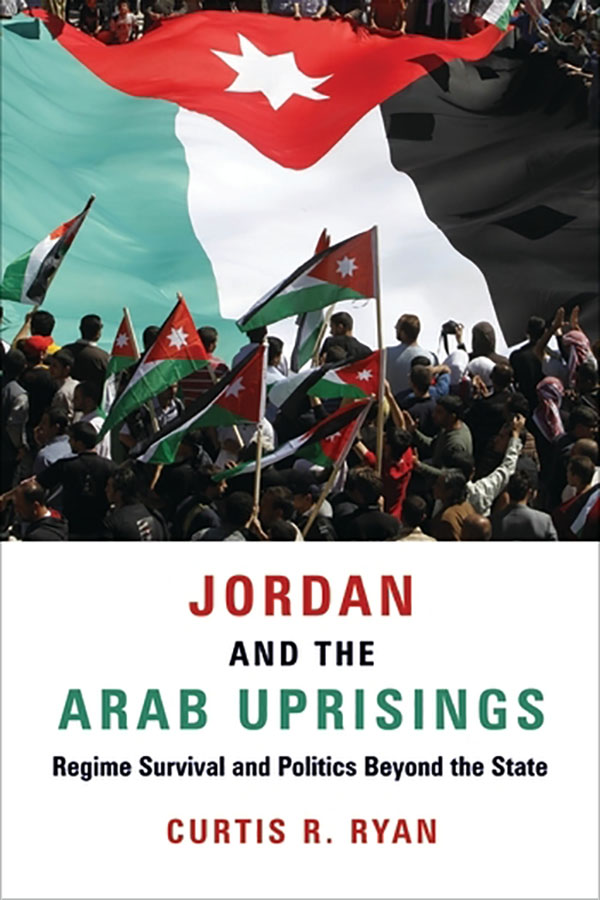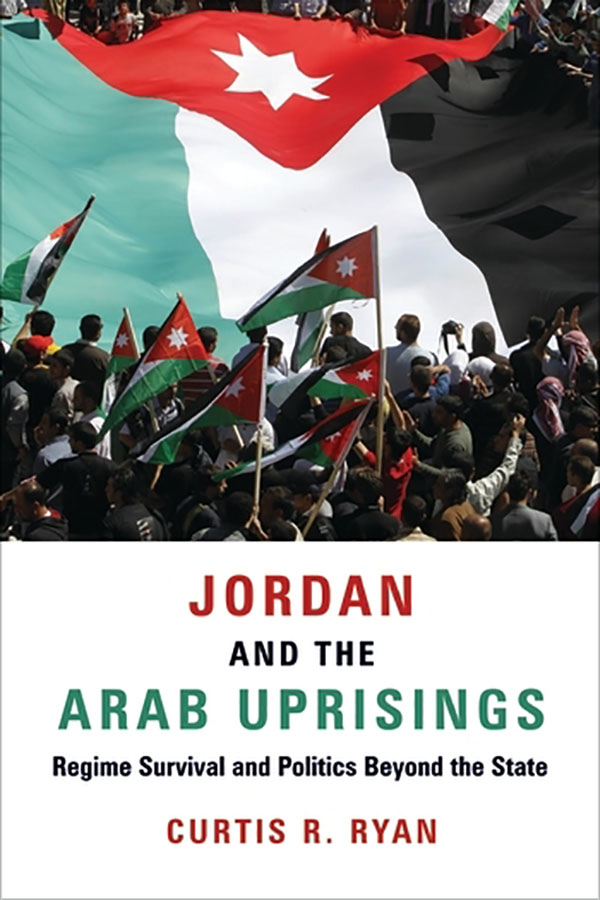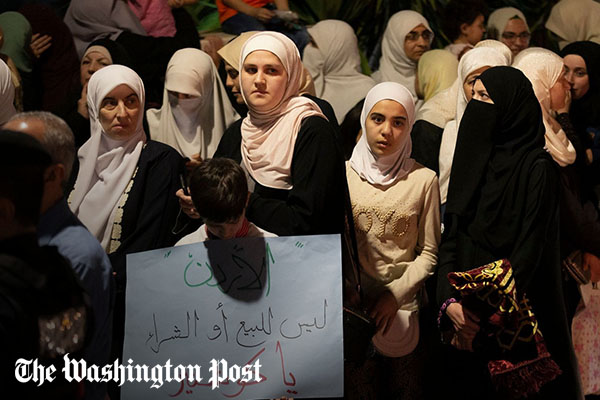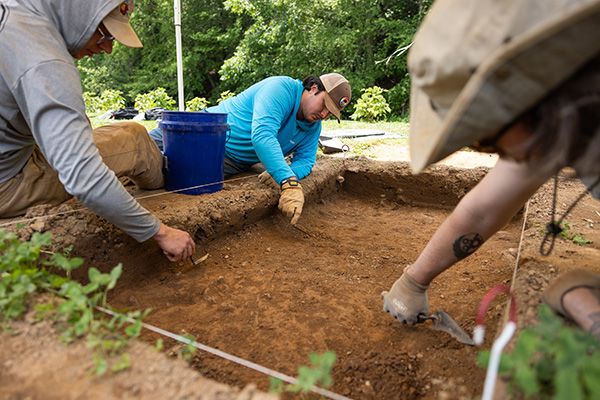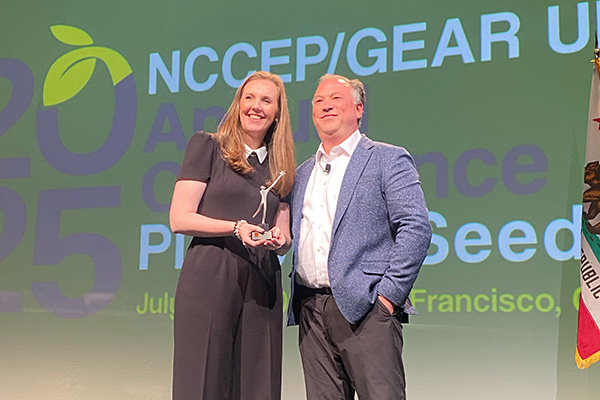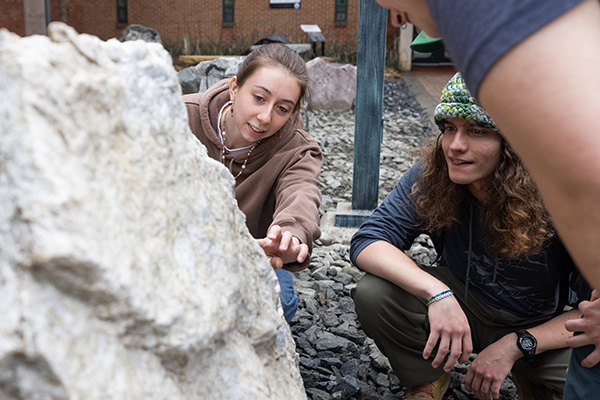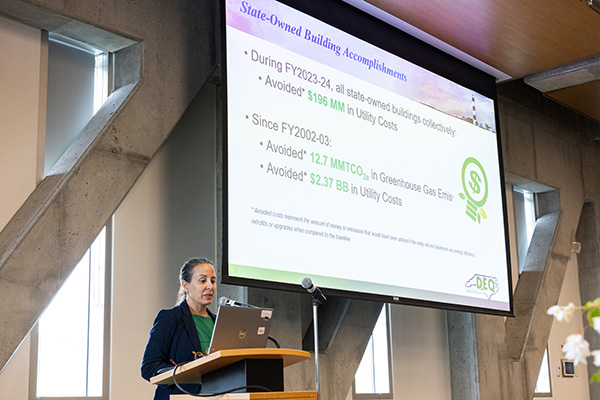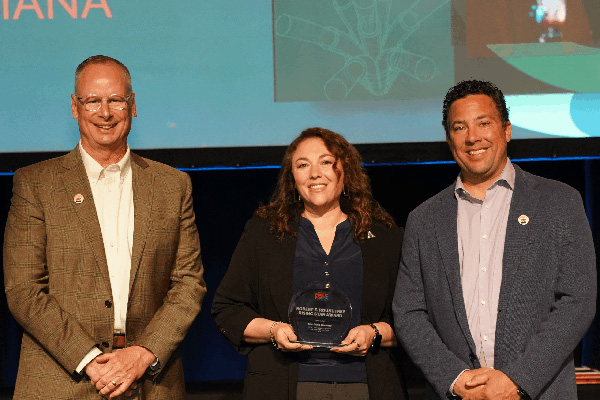BOONE, N.C. — In “Jordan and the Arab Uprisings: Regime Survival and Politics Beyond the State,” the latest book by Dr. Curtis Ryan, professor of political science in Appalachian State University’s Department of Government and Justice Studies, Ryan examines how the country of Jordan managed to avoid political upheaval during the Arab Spring — a series of pro-democracy uprisings that spread across the Middle East in early 2011.
In the book, Ryan draws upon extensive interviews and fieldwork with a range of individuals — from grassroots activists to King Abdullah II of Jordan — and addresses such questions as:
- How did the regime survive in the face of the pressures unleashed by the Arab uprisings?
- What does its resilience tell us about the prospects for reform or revolutionary change?
From the publisher’s website: “In ‘Jordan and the Arab Uprisings,’ Curtis R. Ryan explains how Jordan weathered the turmoil of the Arab Spring. Crossing divides between state and society, government and opposition, Ryan analyzes key features of Jordanian politics, including Islamist and leftist opposition parties, youth movements, and other forms of activism, as well as struggles over elections, reform, and identity.
“He details regime survival strategies, laying out how the monarchy has held out the possibility of reform while also seeking to coopt and contain its opponents. Ryan demonstrates how domestic politics were affected by both regional unrest and international support for the regime, and how regime survival and security concerns trumped hopes for greater change. While the Arab Spring may be over, Ryan shows that political activism in Jordan is not, and that struggles for reform and change will continue.”
Of Ryan’s new book, Edward “Skip” Gnehm Jr., the 2001–04 U.S. Ambassador to Jordan, said, “‘Jordan and the Arab Uprisings’ is a masterful analysis of Jordan’s domestic complexities—cultural, political, and economic—ever mindful of the impact of regional events. The description of identity politics is insightful, as is the description of issues that activate political movements. With discernment Ryan notes continuity and change as he unfolds the Jordan that exists today and provides wisdom for understanding what may follow.”
Additionally, Dr. Jillian Schwedler, professor of political science in the City University of New York’s (CUNY) Hunter College and Graduate Center, commented on “Jordan and the Arab Uprisings”: “Ryan argues that Jordan did have an uprising beginning in 2011, and that fact that it took a different path from some of the other states does not mean that Jordan was exceptional.
“Jordan is often treated merely as a case of ‘regime survival,’ but Ryan unpacks how the regime maneuvered on multiple fronts during its uprising. His expertise as a scholar of both international relations and comparative politics enables him to advance an innovative argument with theoretical import well beyond a case study.”
The book, which is being published by Columbia University Press, will be available this month in hardback, paperback and e-book formats.
About Dr. Curtis Ryan
Ryan joined the Department of Government and Justice Studies at Appalachian in 2002. He received his B.A. in history and political science from Drew University, and his M.A. and Ph.D. in political science from the University of North Carolina at Chapel Hill.
His areas of interest and expertise include international relations and foreign policy; international and regional security; comparative politics; Middle East politics; and inter-Arab relations and alliance politics.
Ryan served as a Fulbright Scholar (1992–93) at the University of Jordan’s Center for Strategic Studies and was twice named a Peace Scholar by the United States Institute of Peace.
In addition to his contributions to the Middle East Report, Ryan’s articles on Middle East politics have been published in the Middle East Journal, The British Journal of Middle East Studies, Studies in Ethnicity and Nationalism, World Politics Review, Middle East Insight, Arab Studies Quarterly and many others.
He is the author of “Jordan in Transition: From Hussein to Abdullah” (Lynne Rienner Publishers, 2002) and “Inter-Arab Alliances: Regime Security and Jordanian Foreign Policy” (University Press of Florida, 2009).
About the Department of Government and Justice Studies
Appalachian State University’s Department of Government and Justice Studies offers undergraduate programs in political science and criminal justice, and graduate programs in political science and public administration. Housed in the College of Arts and Sciences, the department has over 600 undergraduate majors and more than 70 graduate students. Learn more at https://gjs.appstate.edu.
About the College of Arts and Sciences
The College of Arts and Sciences (CAS) at Appalachian State University is home to 17 academic departments, two centers and one residential college. These units span the humanities and the social, mathematical and natural sciences. CAS aims to develop a distinctive identity built upon our university's strengths, traditions and locations. The college’s values lie not only in service to the university and local community, but through inspiring, training, educating and sustaining the development of its students as global citizens. More than 6,800 student majors are enrolled in the college. As the college is also largely responsible for implementing App State’s general education curriculum, it is heavily involved in the education of all students at the university, including those pursuing majors in other colleges. Learn more at https://cas.appstate.edu.
About Appalachian State University
As a premier public institution, Appalachian State University prepares students to lead purposeful lives. App State is one of 17 campuses in the University of North Carolina System, with a national reputation for innovative teaching and opening access to a high-quality, cost-effective education. The university enrolls more than 21,000 students, has a low student-to-faculty ratio and offers more than 150 undergraduate and 80 graduate majors at its Boone and Hickory campuses and through App State Online. Learn more at https://www.appstate.edu.
What do you think?
Share your feedback on this story.
